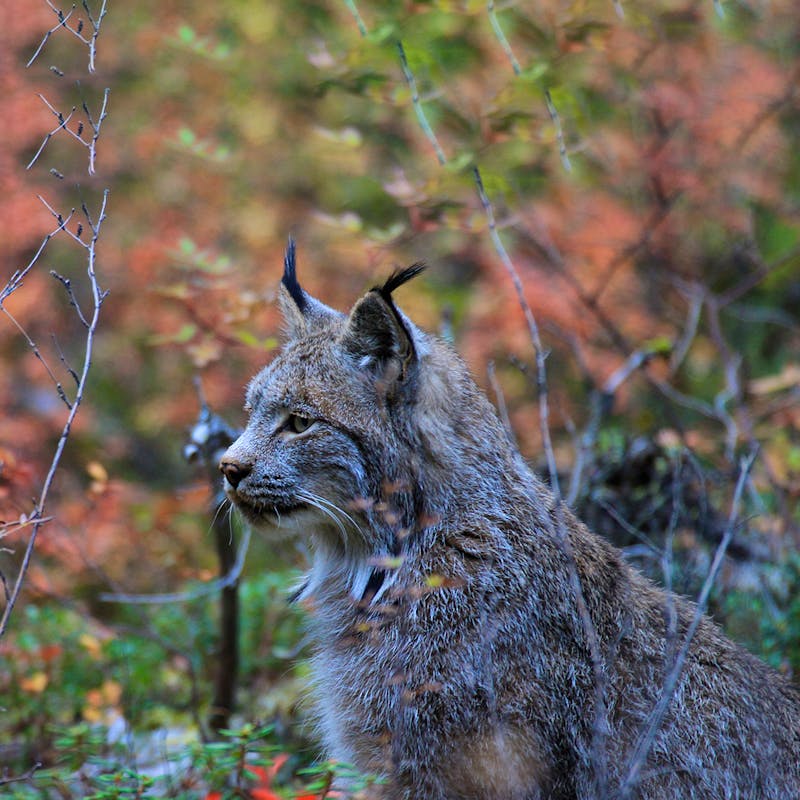Tweet“This Cottonwood overhaul is an overt and toxic attack on wildlife. The Endangered Species Act is clear that federal agencies must not drive threatened and endangered species to extinction. The bill defies common sense by gutting those safeguards.”
Today, Defenders and more than 100 other environmental groups sent a letter to congressional leaders urging them to exclude S.2561 from any end-of-year legislative package. Nicknamed “Cottonwood” after a related court case, this bill would eliminate necessary protections for imperiled species under the Endangered Species Act (ESA) and instead would expedite damaging logging and oil and gas projects despite the harm they pose to wildlife. Some members of Congress are pushing for this troubling bill to be included in a public lands package this month.
“This Cottonwood overhaul is an overt and toxic attack on wildlife,” said Bart Johnsen-Harris, senior government relations representative with Defenders of Wildlife. “The Endangered Species Act is clear that federal agencies must not drive threatened and endangered species to extinction. The bill defies common sense by gutting those safeguards.”
Currently, the ESA requires the U.S. Forest Service and Bureau of Land Management , who together manage 439 million acres of land that house hundreds of listed species, to consult with the U.S. Fish and Wildlife Service and National Marine Fisheries Service in the vetting of proposed projects on federal lands. Consultations are required both for specific project sites and for broader federal land management plans. These plans serve as the landscape-level blueprints that specify which activities are permitted in which federal areas, but they are often decades old and do not account for changed circumstances, new science related to listed species, or even new listings.
When plans are out of date, the ESA mandates that agencies reinitiate consultation before undertaking major activities. This requirement assures that the larger-level zoning established in the land management plan prevents harm to imperiled wildlife and accounts for newly listed threatened or endangered species, the designation of new critical habitat, or other major changes, such as climate change impacts, across the landscape. S.2561 would completely eliminate the requirement to analyze new conditions and establish commensurate protections for species and instead would fast-track the approval of damaging projects despite the harm they pose to at-risk wildlife
“The Forest Service may approve one logging project and say that it won't impact a species like the Canada lynx. Then maybe they'll allow a second to go forward on similar grounds. But unless somebody's looking at the big picture, you could end up with 20 projects that cumulatively have devastated lynx habitat. That's what this bill would do--nobody would have to look at the big picture anymore,” said Johnsen-Harris.
For over 75 years, Defenders of Wildlife has remained dedicated to protecting all native animals and plants in their natural communities. With a nationwide network of nearly 2.1 million members and activists, Defenders of Wildlife is a leading advocate for innovative solutions to safeguard our wildlife for generations to come. To learn more, please visit https://defenders.org/newsroom or follow us on X @Defenders.
Media Contact
News

Defenders, Conservationists Celebrate Female Mexican Gray Wolf Movement



